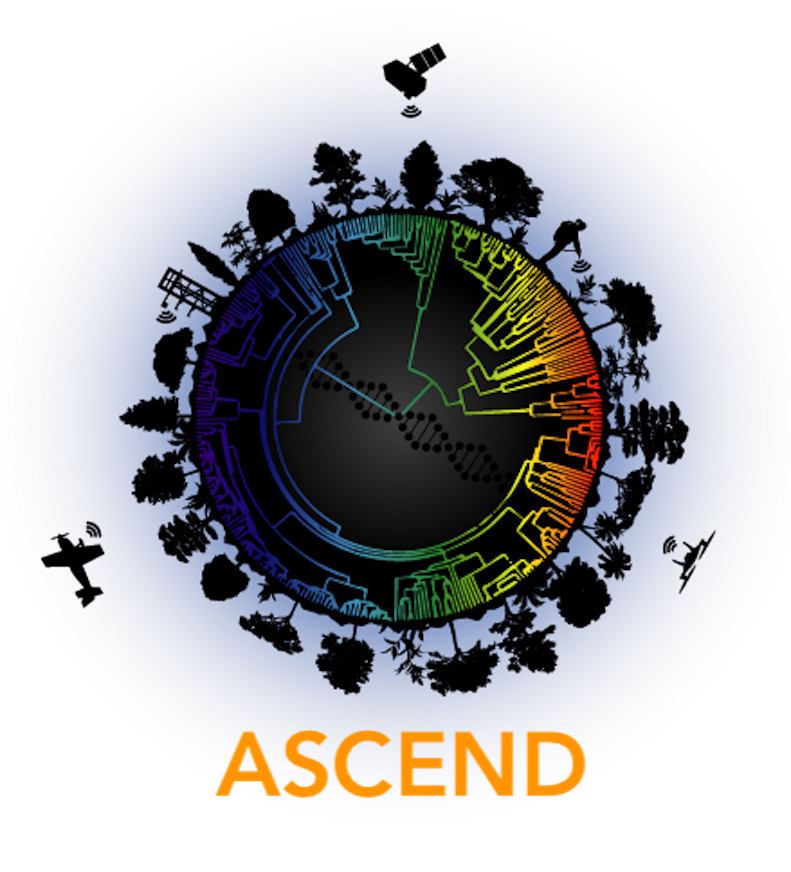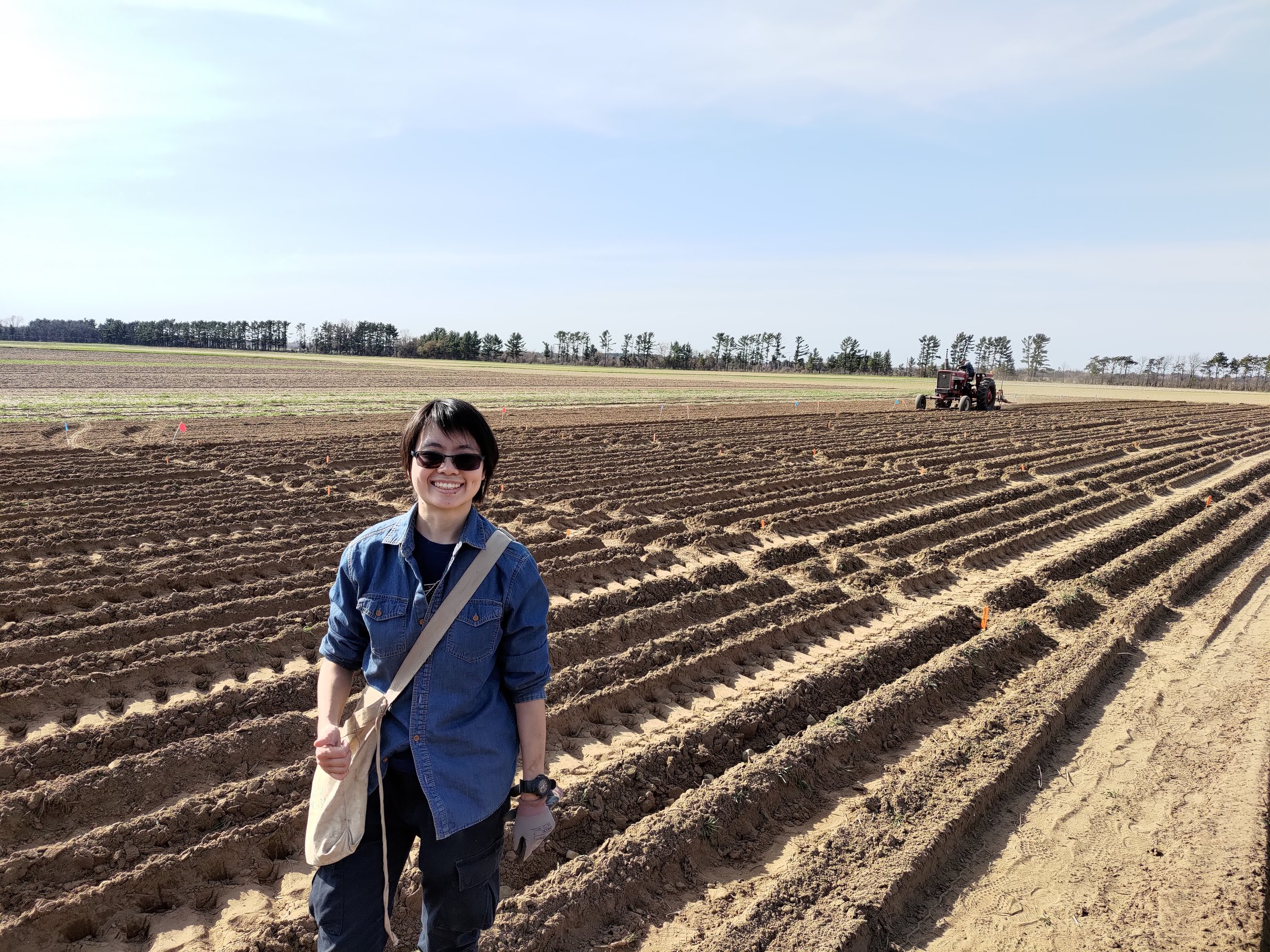NextGen: Olee Hoi Ying Lam
Tell us about yourself
My name is Olee Hoi Ying Lam and I am a Ph.D. student at the University of Wisconsin-Madison. I am researching the capacities of imaging spectroscopy for early disease detection in potatoes.
When did you know that you wanted to become a scientist?
From an early age, I have been fascinated by emerging technologies and their potential to enhance our lives and expand our understanding of the world. While studying information engineering in Germany, I had the chance to participate in a cross-border project called SPECTORS, in which my main responsibility was to develop an open-source workflow for mapping invasive weeds in nature-conserved grasslands using aerial imagery. Not only did this project allow me to apply my programming skills to a real-world problem, but it also offered me the opportunity to work alongside people from different disciplines. This experience broadened my horizons and introduced me to the rapidly expanding domain of earth observation and remote sensing, ultimately motivating me to pursue a scientific career in using cutting-edge technologies to facilitate, promote and enhance nature conservation or sustainable agriculture.
Tell us about your research projects in ASCEND.
The two major projects I am involved in right now are potato disease detection using imaging spectroscopy and development of an R package ‘rtry’ to preprocess plant trait data.
For the potato disease project, my work aims to determine the capability of imaging spectroscopy to detect potato diseases before visual symptoms appear. By analyzing hyperspectral images of potato plants, we can potentially identify disease-specific spectral signatures that can be used to predict the progression of the disease at an early stage. This provides valuable information for site-specific management strategies, and is essential to reduce yield losses, the cost of farming, and the environmental risk from excessive fungicides. The goal is to develop an efficient and sustainable application for potato disease management, which can help to ensure a stable and secure food supply while minimizing negative environmental impacts.
In collaboration with the Functional Biogeography group at the Max Planck Institute for Biogeochemistry, we have been developinr the rtry R package to support the application of plant trait data providing easily applicable functions for the basic steps of data preprocessing. These include importing and exploring trait datasets before combining, selecting and excluding specific data using user-defined criteria, transforming from long- to wide-table, and exporting the preprocessed data. The rtry package is designed to support the preprocessing of data released from the TRY Plant Trait Database, but is also applicable for other trait data. The package is available on the CRAN repository and detailed information can also be found on the GitHub Wiki page.
Olee Hoi Ying Lam planting potato seed tubers at the University of Wisconsin Hancock Agricultural Research Station
How would you explain your research to someone who is not a scientist?
In the first project, hyperspectral images are used to detect potato diseases before visual symptoms appear. This is done by using a special type of camera (hyperspectral sensors) that allows us to capture colors (wavelengths) that are not visible to human eyes. Within these invisible wavelengths, information about the physical and chemical state of the potato plants can be retrieved. Therefore, by analyzing the images, we can identify unique color patterns and regions that are associated with diseased potatoes, allowing us to find the infected plants before the disease becomes too advanced.
The second project, on the other hand, develops a set of functions to help people, who are not that familiar with programming and the inherent data structure, to better explore and clean complex plant trait data before further processing.
What are your hobbies and preferred activities when you are not doing science?
In my spare time, I find pleasure in reading and writing. I also enjoy capturing the beauty of nature with my camera. A memorable experience was when I spent two weeks in Switzerland with a friend, and we went hiking every day.

